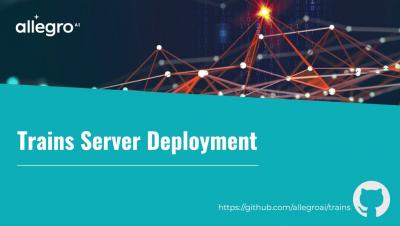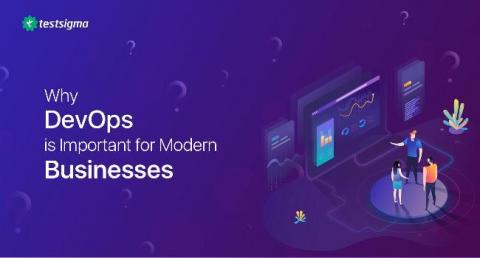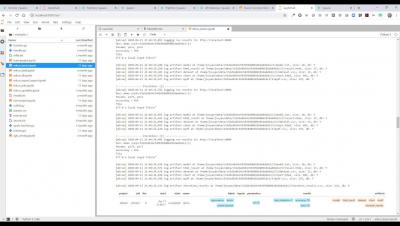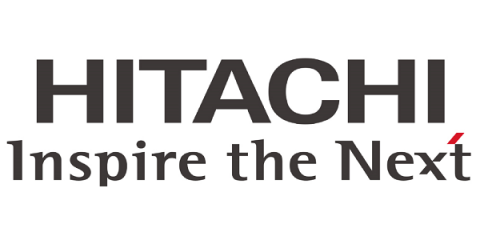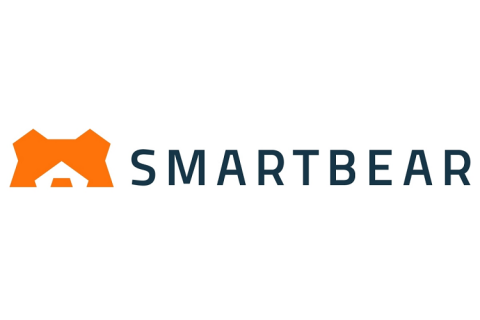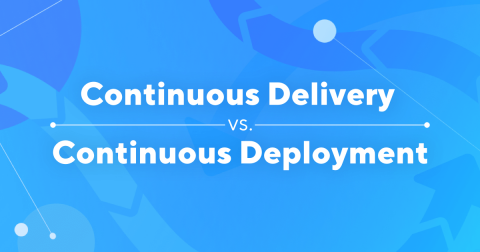Systems | Development | Analytics | API | Testing
DevOps
Why DevOps is Important for Modern Businesses
We are certainly in a faster-paced world. As we move forward, organizations need to get out of their silos and follow a more collaborative and efficient process to achieve excellence. Organizations that adopt DevOps are able to evolve and improve software products much faster when compared to those that use traditional software development processes. DevOps is a bridge between development and operations in an organization and aims to improve productivity as a whole.
How to build iOS applications without Mac? - Codemagic LIVE WEBINAR (16.04.2020)
Allegro Trains trains-agent installation tutorial
MLRun Basics - Running MLRun using Docker and Track Experiments
The 15 Best Podcasts for Engineers
If you've been on the hunt for a new developer podcast, then you understand just how difficult and fruitless that pursuit can be. You can spend hours online sifting through coding podcasts, programming podcasts, and DevOps podcasts only to realize one simple thing: none of them focus on your preferred programming language! With thousands of different developer podcasts out there, the problem is magnified exponentially. Fortunately, we at Scout APM have nothing but expertise and time on our hands.
Hitachi Vantara Makes Kubernetes Container Technology Acquisition
Container technology promises to usher in the biggest step change in infrastructure economics since server virtualization. By some estimates, customers are saving as much as 50% on infrastructure costs by switching from hosting cloud native applications in their own data centers to hosting containerized versions of those applications in a private, hybrid or public cloud.
SmartBear Releases Azure DevOps Integration with Collaborator
Run a Perfect Bug Hunting Event in DevOps - Szilard Szell | SmartBear Talks
Continuous Delivery vs. Continuous Deployment: Where to draw the line?
You’ve likely heard of the term CI/CD pipeline. You have probably known about these practices: continuous integration, continuous delivery, and continuous deployment as well. But the uncertainty remains: What are the differences between continuous delivery and continuous deployment? Which one should you apply to your CI/CD pipeline? How are these terms related to one another? How to find out which one suits your team best?


